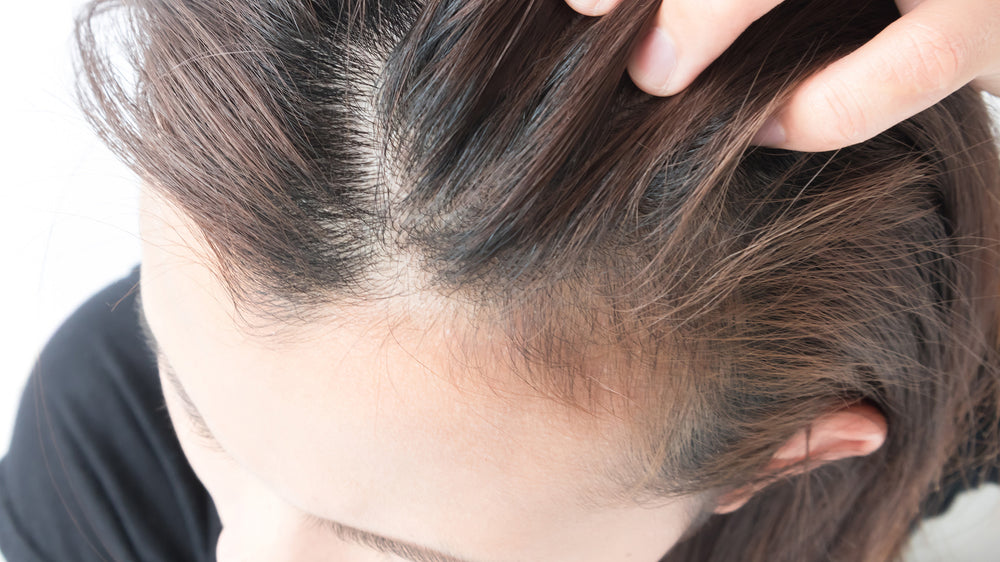Threonine, or L-threonine, is an essential amino acid and a key ingredient in Divi’s lineup of scalp products. Threonine is not one of the better known amino acids, and it may not be the first thing springing to mind when you think about hair health, scalp health, or amino acids to prevent hair loss. Nevertheless, threonine is vital to human health and can do wonders for the condition of your scalp and hair, especially when used regularly alongside other health-promoting ingredients.
Understanding Amino Acids
Amino acids are the building blocks of proteins, which, in turn, are the building blocks of life. There are more than 10,000 different types of protein in the human body, and they account for around 20% of the body's mass and are fundamental components of every single cell.
Proteins fall into one of seven categories based on their function: antibodies, enzymes, storage proteins, hormonal proteins, transport proteins, contractile proteins and structural proteins.
Structural proteins – as the name suggests – play an important role in shaping and building cells, bones, muscle tissue, skin, hair and nails. Keratin is the main structural protein in hair, which is why many shampoos, conditioners and serums contain keratin (or its constituent amino acids), as it can repair damage to hair shafts and reinforce hair fibers when applied topically.
There are a number of other reasons you may find amino acids in your hair and scalp care products. Each amino acid has a distinct chemical structure and unique therapeutic properties associated with that structure. The threonine in Divi’s formulations serves primarily as a conditioner and an antistatic agent, though it does offer a few other exciting benefits.
Essential Amino Acids
There are 20 naturally occurring amino acids. Amino acid molecules can combine in a near-infinite number of ways to form the proteins needed for optimum human health. There are nine essential amino acids, and 11 non essential amino acids.
Threonine is an essential amino acid along with histidine, isoleucine, lysine, leucine, methionine, phenylalanine, tryptophan and valine. These amino acids are "essential" because our bodies cannot make them, which means they must be obtained through the food we eat (and supplemented through the products we apply to our skin and hair).
Nonessential amino acids can be synthesized in the body using the nine essential amino acids we consume in food. The nonessential amino acids are alanine, arginine, asparagine, aspartic acid, cysteine, glutamic acid, glutamine, glycine, proline, serine and tyrosine.
What is Threonine's Role in the Body?
Essentially, threonine maintains a proper protein balance in the body. When introduced to the body via foods or dietary supplements, threonine contributes to the normal function of the digestive system and central nervous system. When combined with aspartic acid and methionine, threonine promotes healthy liver function. With this in mind, it’s no surprise that during one animal study, researchers found threonine deficiency could adversely affect regeneration of liver tissues.
Glycine and Serine Production
Threonine plays a vital role in the synthesis of two other amino acids: glycine and serine. Glycine is a neurotransmitter in the central nervous system, an antioxidant, and an anti-inflammatory agent with vital immunomodulatory properties.
Serine is an equally important amino acid which plays an integral part in various biological processes, including the synthesis of other chemical compounds. Both glycine and serine help maintain the health of hair follicles and ensure the structural integrity of newly produced hair cells.
Collagen Production
Threonine plays an important part in the production of collagen, which is one of the reasons it’s commonly found in skin and hair care products, plus the formation of elastin and tooth enamel. Threonine's role in the formation of tooth enamel and connective tissue has been observed when it is introduced topically or via a dietary source.
Potent Antioxidant
All amino acids have an antioxidizing effect, meaning they work to protect healthy cells from free-radical damage. Free radicals are highly reactive molecules which contain oxygen atoms and have an uneven number of electrons. They damage any healthy cells they come into contact with by "stealing" their oxygen atoms.
Research shows arginine, lysine and histidine are the strongest amino acid antioxidants. Threonine also exhibits antioxidant activity and contributes to the formation of another potent antioxidant called glutathione.
Structure of Threonine
To understand how threonine benefits scalp condition and health, we must first delve a little deeper into its molecular structure and key properties.
Every amino acid has the same core structure (this is known as the backbone). Around the backbone, each amino acid molecule also has one amine group (so named for its chemical similarity to ammonia), one carboxyl group and one side chain. The precise chemical makeup of these groups determines how the amino acid behaves and how it forms bonds with other amino acid molecules.
Threonine's side chain contains a hydroxyl group, which includes an oxygen and hydrogen atom bonded by a shared electron. This makes it a polar, uncharged amino acid. Threonine is also categorized as a small amino acid, with neutral hydropathy. This means it neither attracts nor repels water.
How Does L-Threonine Benefit Hair Health?
Threonine is an essential amino acid required for hair growth. Its unique chemical properties also make it a useful treatment to help repair damaged, color-treated hair. Here, we'll look at the ways in which threonine products may boost your scalp and hair health in a little more detail.
Amino Acids for Hair Follicle Health
The connective tissues elastic and collagen are core components in human hair follicles. Threonine supports healthy hair follicle function by helping synthesize glycine and serine, which are two other amino acids contributing to elastin and collagen production.
Threonine-containing supplements and liquid amino acid treatments can boost hair follicle health, improving the quality of new hair as protein is formed in the follicle.
Amino Acids Prevent Free-Radical Damage
Shampoos, conditioners and hair serums containing threonine and other amino acid antioxidants may combat free-radical activity caused by aging, sun damage and pollution, which would otherwise damage hair cells. Over time, free-radical damage can lead to the thinning of hair fibers, dullness, weakness and premature graying.
Fighting Static and Frizzy Hair
The threonine in Divi’s Scalp Serum helps prevent unwanted frizz and flyaway hair caused by static electricity. Static occurs when hair acquires too many positive charges – or too many negative charges. Hairs with the same charge repel each other, which can lead to unruly strands that won't lay smoothly. These troublesome static flyaways are difficult to tame even with the help of heavy duty styling products.
As an uncharged amino acid, threonine can help to neutralize static charge and tame dry, frizzy hair that is difficult to style.
Softens and Loosens Hair
Polar amino acids like threonine bond most easily to the outside of protein chains. The threonine in Divi's products works to reinforce the outer surface of the hair by bonding with the other amino acid molecules on the outside of the keratin chain. When applied regularly, this creates a smoother, stronger outer layer.
This effect means hair treated with threonine may feel silkier and appear smoother over time. Protein based conditioners are often marketed towards people with extremely tightly curled or frizzy hair due to the cosmetic benefits of this strand softening, curl-loosening action.
An Essential Amino Acid That Repairs Damaged Hair
Products containing threonine can help to repair damaged or color-treated hair by filling in gaps on the hair's outer cuticle. Damaged hair is often dull and brittle as increased porosity stops it holding on to moisture. By repairing the surface of the hair, threonine can improve hair's tensile strength and give it a healthier, shinier appearance.
Amino Acids for Thickness and Texture
Threonine and other amino acid additives are often used in hair sprays and other styling products for their ability to create texture and improve thickness without weighing the hair down. This subtle texturizing action is temporary as the threonine molecules causing it have merely settled between hair strands – and can easily be brushed or washed out.
Amino Acids Like Threonine for Hair Loss
Thinning hair, slowed hair growth, and hair loss can be linked to a protein or amino acid deficiency. More often than not, androgenic alopecia (also called male-pattern baldness) is caused by genetic factors and cannot be directly influenced by diet or amino acid treatments. That being said, hair and scalp care products which contain threonine may be beneficial in the management of hair loss caused by nerve disorders. This is thanks to glycine – one of the amino acids threonine helps to produce – and its role in the treatment of these disorders.
How Amino Acids Support Hair Health
Threonine can help to support normal hair growth by preventing amino acid deficiency and maintaining hair follicle health. While no amino acid can make your hair grow faster, threonine and other ingredients in Divi’s products may give the impression of faster growth by limiting hair breakage.
How Threonine is Utilized by the Body
The human body can only utilize threonine broadly when it's consumed via dietary sources, like foods and dietary supplements. You won't experience any of threonine's internal therapeutic benefits – like enhanced muscle growth – simply by applying it to your hair as a liquid amino acid.
The dietary sources of threonine include:
- Organic meat and fish
- Dairy products
- Eggs
- Carrots
- Bananas
- Lentils
- Sesame seeds
- Pumpkin seeds
- Kidney beans

When using the essential amino acid threonine and other amino acids to improve hair condition and support hair growth, it's best to adopt a two-pronged attack. This would involve increasing your dietary intake of amino acids while also adding high-quality products containing amino acids – such as Divi’s lineup of products – to your regular hair and scalp care routine.
Taking amino acid supplements is a quick and easy way to boost your intake of any essential amino acid without making radical dietary changes. This is a great option for vegans and vegetarians who aren't that keen on beans, seeds, and lentils.
Do Liquid Amino Acids in Scalp Products Work?
The short answer is yes, though this depends on the quality of the formulation and the other ingredients it contains.
When liquid amino acids are applied to the hair topically as part of a hair or scalp care formulation, they can bind with keratin, which is the primary protein in hair, and react with other amino acids essential to collagen production and hair follicle health. This means any scalp products containing threonine, such as Divi’s Scalp Serum, have the potential to help with hair growth by focusing on the scalp and hair follicles.
What's even more exciting is that some of threonine's benefits can only be achieved through the topical application of liquid amino acids – or products containing them. Consuming threonine as a dietary supplement can have a positive effect on the condition and strength of new hair and on hair follicle health. However, it would do nothing to impact the condition of your existing hair. This can only be achieved by applying threonine – with water, or in a water-based product – directly to the hair fiber.
Who Can Use Threonine in Scalp Care?
Amino acids like threonine can benefit just about any type of hair but will be of particular use to people with dry, porous or frizzy hair. Chemical and heat damage can strip hair of vital moisture, leaving hair fibers frayed and broken. Using a threonine conditioner, serum or shampoo can help to restore your hairs natural shine and manageability if your hair is heavily coloured, permed or styled.
If you’re interested in threonine for your scalp and hair, look at our range of products and consider starting with Divi’s Scalp Serum.









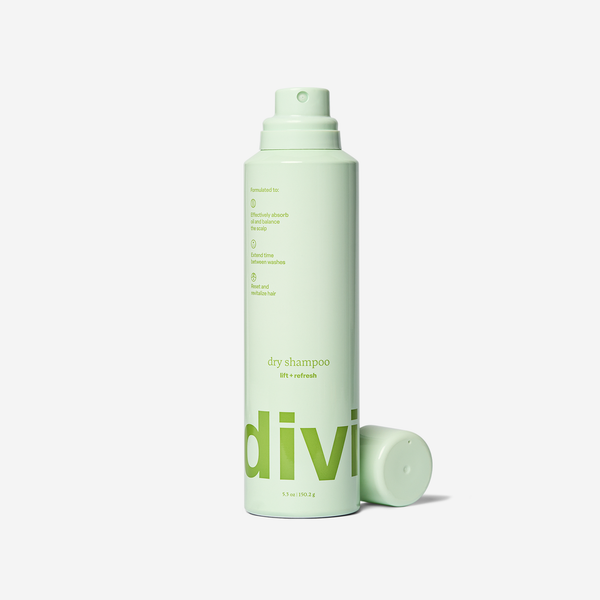

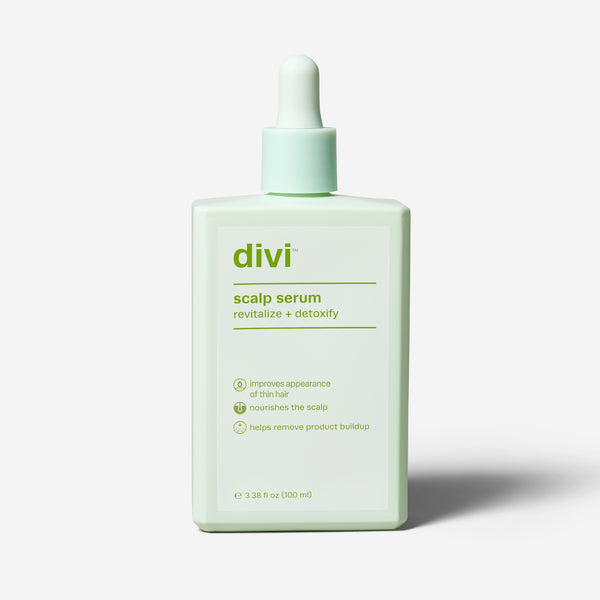

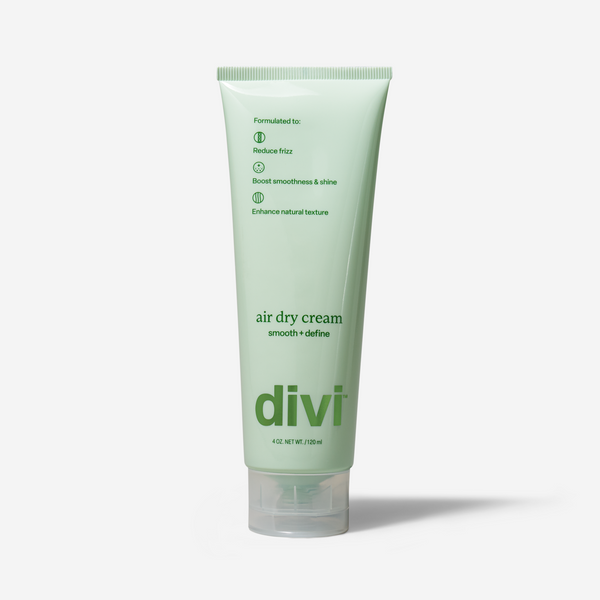
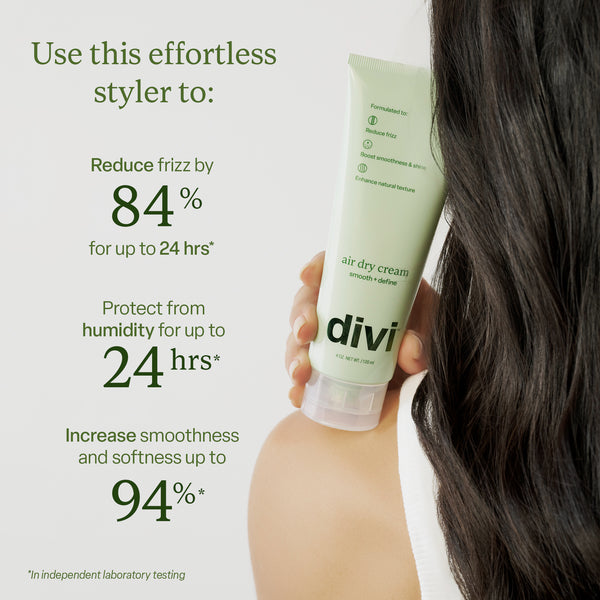
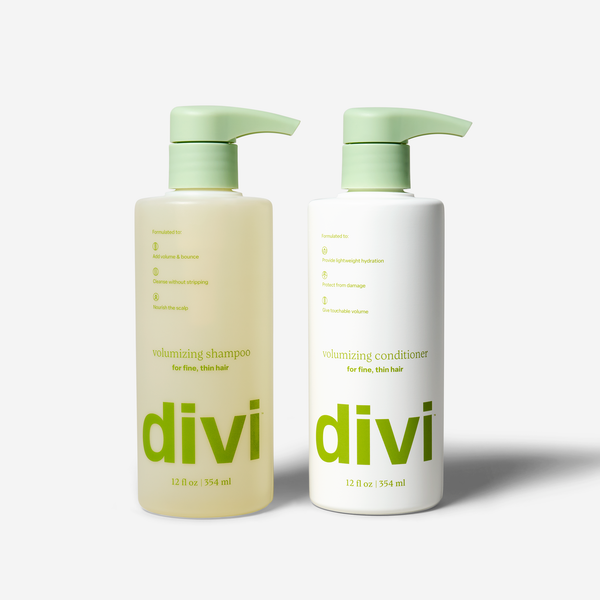

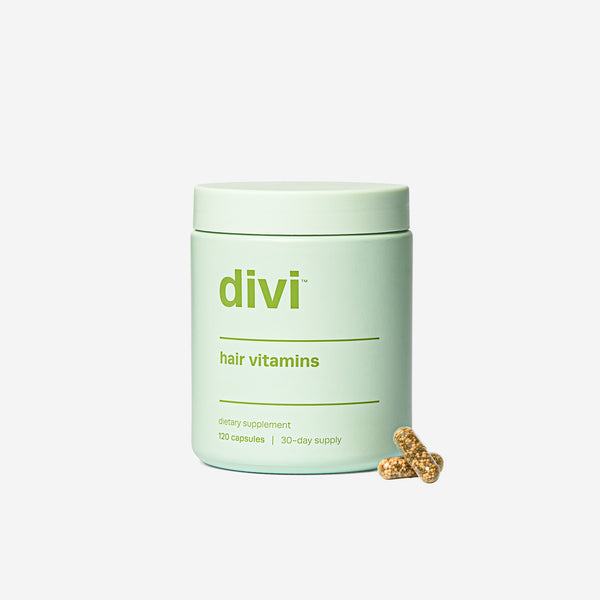
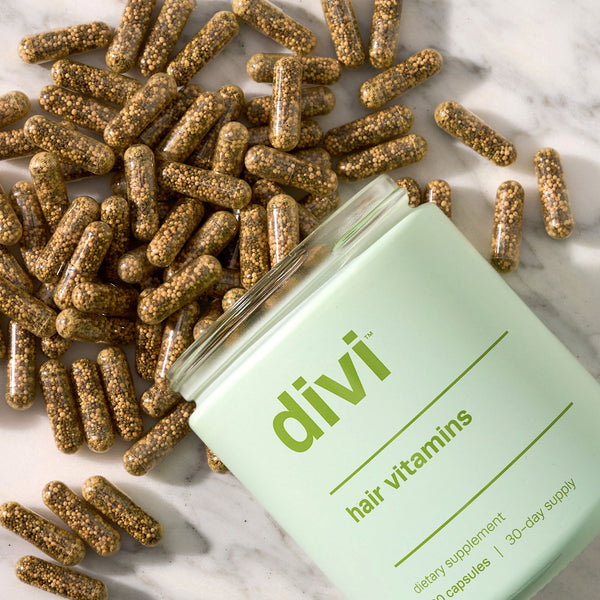
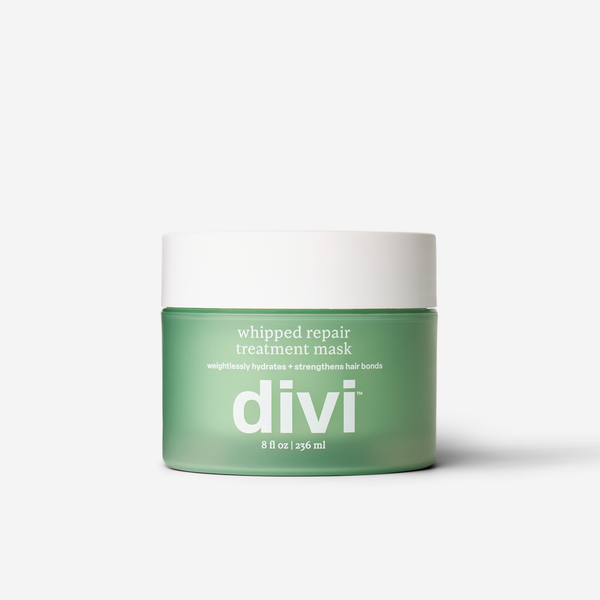
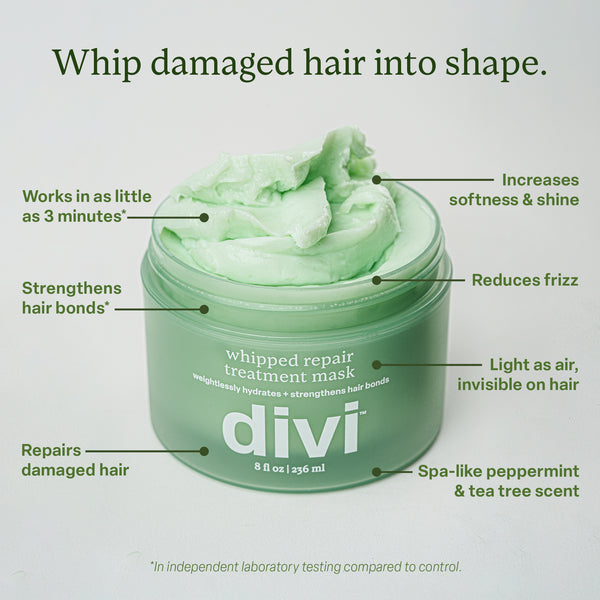
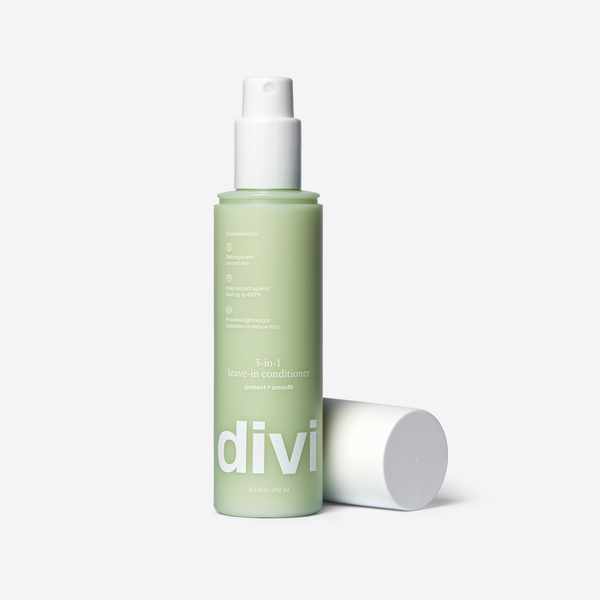



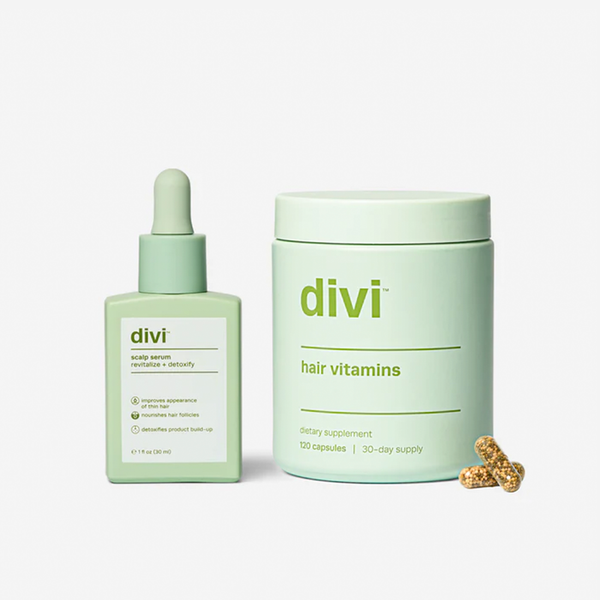
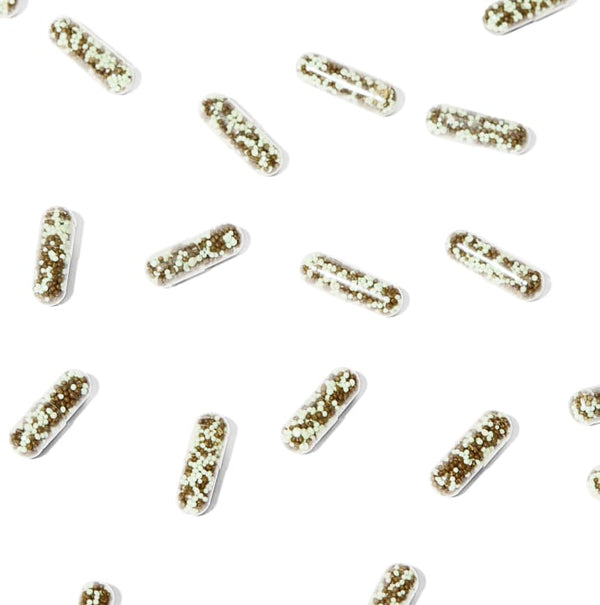
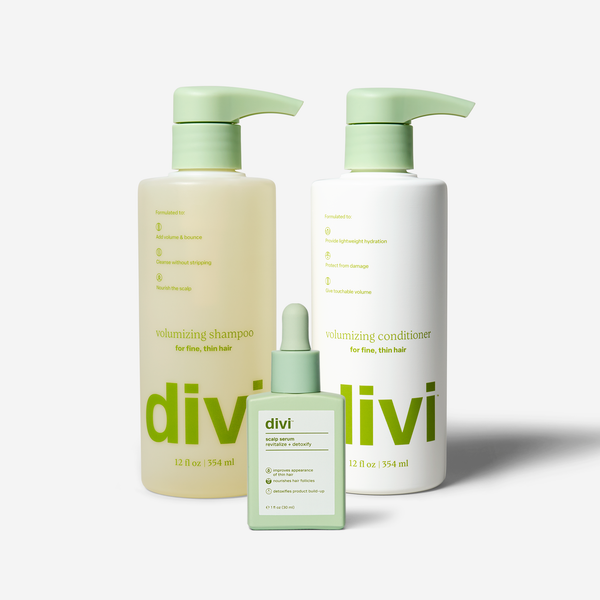
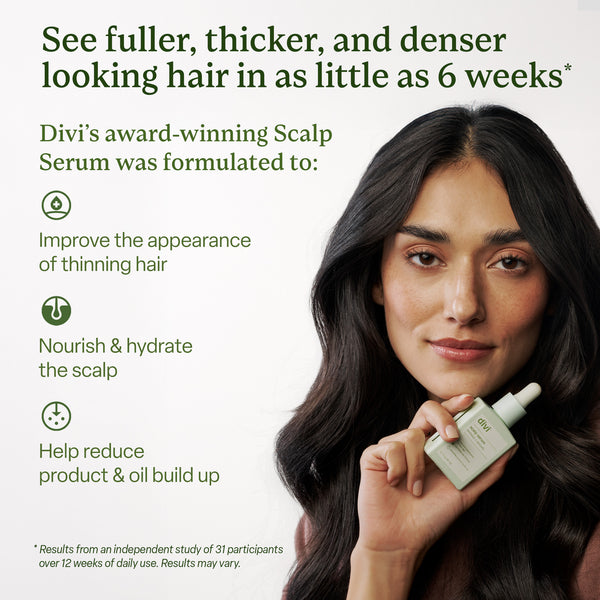


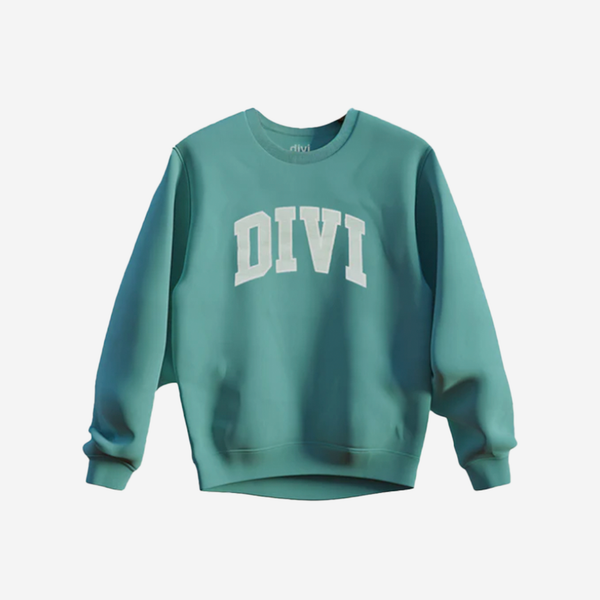
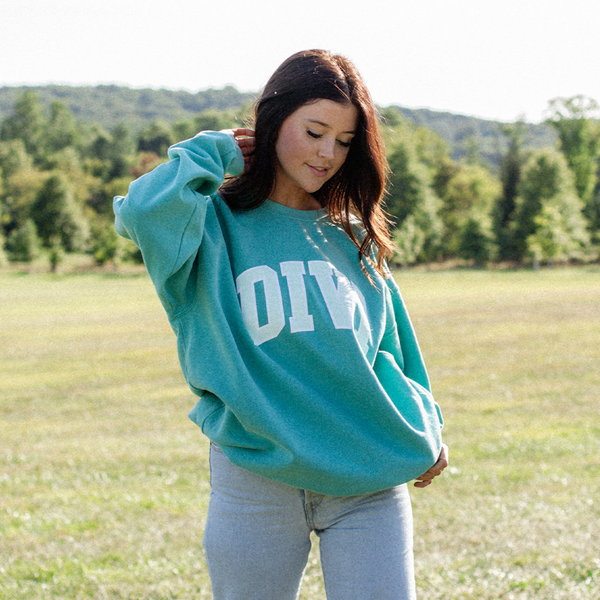







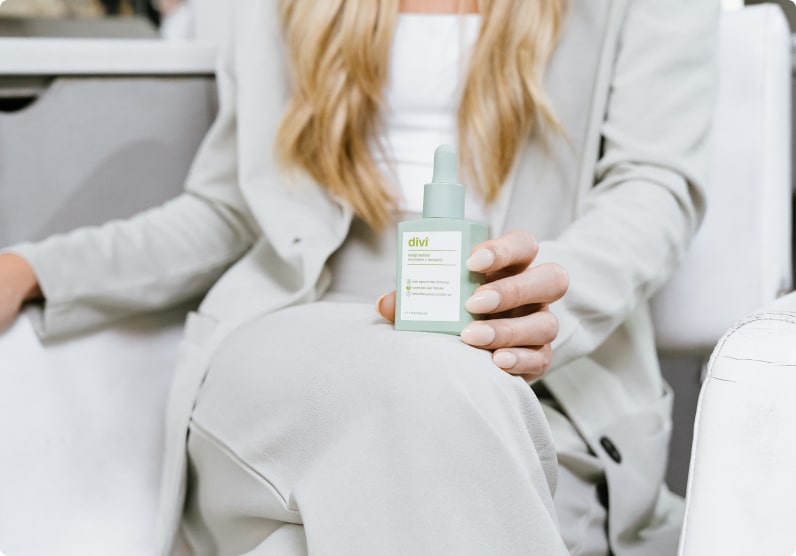






 30ml Scalp Serum
30ml Scalp Serum
 100ml Scalp Serum
100ml Scalp Serum
 Volumizing Shampoo
Volumizing Shampoo
 Hydrating Shampoo
Hydrating Shampoo
 Volumizing Conditioner
Volumizing Conditioner
 Hydrating Conditioner
Hydrating Conditioner
 3-in-1 Leave-In Conditioner
3-in-1 Leave-In Conditioner
 Best Sellers Bundle
Best Sellers Bundle
 Volumizing Starter Bundle
Volumizing Starter Bundle
 Hydrating Starter Bundle
Hydrating Starter Bundle
 The Healthy Hair Bundle
The Healthy Hair Bundle
 Hair Vitamins Trio
Hair Vitamins Trio
 Dry Shampoo
Dry Shampoo
 Hair Vitamins
Hair Vitamins
 Volumizing Shampoo & Conditioner
Volumizing Shampoo & Conditioner
 Travel-Sized Volume Duo
Travel-Sized Volume Duo
 Hydrating Shampoo & Conditioner
Hydrating Shampoo & Conditioner
 Travel-Sized Hydrating Duo
Travel-Sized Hydrating Duo
 Travel-Sized Dry Shampoo
Travel-Sized Dry Shampoo
 Travel-Sized Dry Shampoo Trio
Travel-Sized Dry Shampoo Trio
